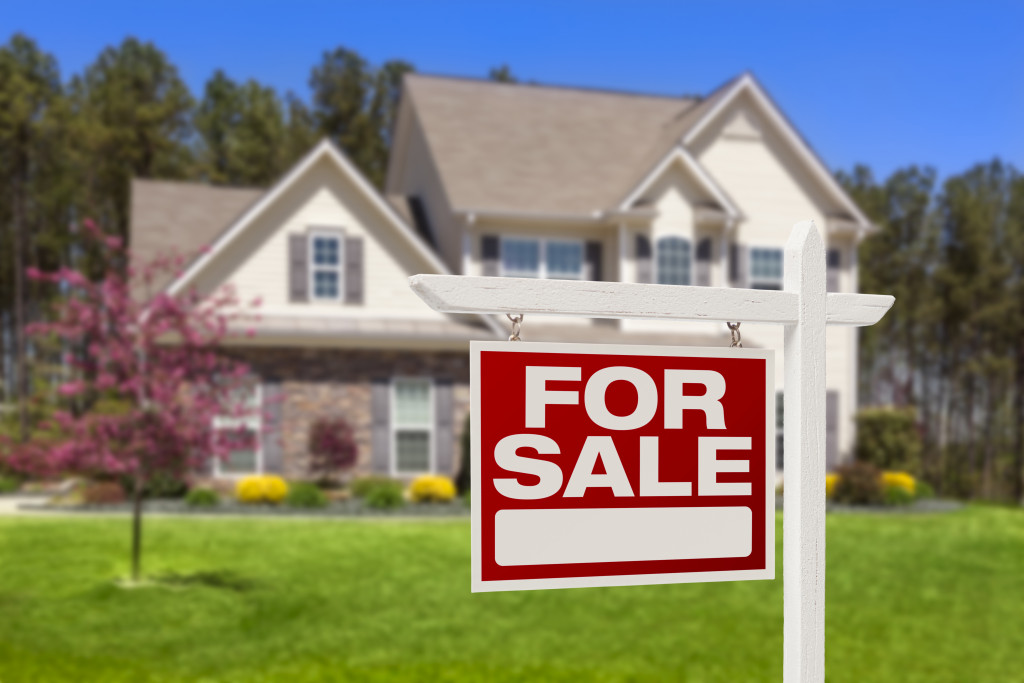It’s no secret that buying a home is one of the most significant financial decisions you’ll ever make. But many people don’t realize that even if you’re meticulous about your budget and save for years, you can still make costly mistakes when buying property. Overspending on a home can quickly lead to bankruptcy or foreclosure.
So how do you avoid these fatal mistakes? By being aware of them and taking the necessary precautions to safeguard yourself against them. This article will discuss some of the most common pitfalls people fall into when buying property and offer tips on how to steer clear of them.
1. Not getting pre-approved for a mortgage
One of the biggest mistakes homebuyers make is not getting pre-approved for a mortgage. This means they shop for a home before they know how much money they can borrow. This can lead to them overspending on their dream home and then being unable to get the loan they need to finance it.
Some buyers think they can get pre-qualified for a loan without being pre-approved, but this is not the same. Pre-qualification is when the lender estimates how much they would be willing to lend you based on your income and credit score. Pre-approval is when they actually approve you for a loan up to a certain amount.
When getting pre-approved for a loan, the lender will make a hard inquiry on your credit report. This can temporarily lower your credit score by a few points. But it’s worth knowing how much you can borrow before shopping for a home. This way, you won’t fall in love with a property you can’t afford.
2. Not knowing what you want
Another mistake homebuyers make is not knowing what they want. They start shopping for a property without having any idea of the type of home they’re looking for. This can lead to them wasting time and money on properties that don’t suit their needs.
Before you start looking for a property for sale, sit down and make a list of your must-haves. This might include the number of bedrooms and bathrooms, the property size, location, and the type of home. Consider your lifestyle and needs when making this list. For example, if you have young children, you might want a property with a large yard. Or, if you work from home, you might need a property with a home office.
Depending on your budget, you might not be able to find a property that has everything on your list. But knowing what you want will help narrow your options and avoid wasting time and money.
3. Not being aware of the hidden costs
Most homebuyers know the mortgage payments and property taxes they’ll need to pay when buying a home. But other hidden costs can quickly add up. These include home insurance, repairs and maintenance, and utilities. These costs can vary depending on the size and location of the property.
Before buying a home, research these hidden costs and factor them into your budget. This way, you won’t be surprised by them later on. You might even want to save money each month to cover these costs. Because even if you’re careful with your budget, unexpected repairs can always come up.
An excellent way to estimate these costs is to speak with the current homeowners and ask them about their monthly expenses. They might be able to give you a ballpark figure of what you can expect to pay.

4. Not being realistic about your budget
A realistic budget is one of the most important things to consider when buying a home. Your budget will determine how much you can afford to spend on a property. It’s essential to be realistic when creating your budget and consider all your current and future expenses.
Some homebuyers try to stretch their budget by taking on a larger mortgage than they can afford. This might help them get their dream home but can also lead to financial problems. If you’re having trouble sticking to your budget, consider looking for a less expensive property. Instead of buying your dream home now, you can wait until you’re in a better financial position to afford it.
5. Not getting a home inspection
Finally, a home inspection is essential in the home buying process. This is when a professional inspector looks for any problems with the property. They will check for things like structural damage, mold, and pests. Getting a home inspection can help you avoid buying a property with hidden problems.
In most cases, the seller will pay for the home inspection. But it’s still important to be present for the inspection. This way, you can ask the inspector any questions you have about the property. You might also want to get a second opinion from another inspector.
You should also be aware that a home inspection differs from a home appraisal. An appraisal is when the lender determines how much the property is worth. This is different from a home inspection when you check for any problems with the property.
Buying a home is a huge financial decision. It’s important to be aware of the potential mistakes that can lead to overspending. By being realistic about your budget and getting a home inspection, you can avoid these mistakes. Always remember to consult with a financial advisor before making any major purchase.


